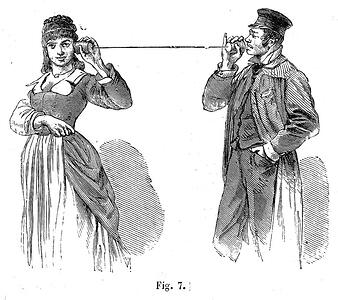Or you could just phone them up.
The OS mobile phone app available when I was a regular fell-walker some years ago was adequate - surprisingly, the old Google Maps was better - but the ones now available are much more sophisticated. Now, I would be using the new OS ones alongside a third-party app PLUS my annotated OS-based paper maps and a compass … 
Our parents house didn’t get a telephone until I was around 12 years old. If I’m right about my age at the time, that would be 1956. It was a party line, shared with the neighbours across the road. If voices were heard when the phone was picked up to make a call, the phone was respectfully put down again because it meant the neighbour was using it. Try again a few minutes later.
No telephone dial as I remember. Just pick up the phone and wait for the operator to ask what number was wanted.
Yep…annotated is good. I very recently bought an OS explorer that covers a large expanse of forest in my part of the world. I made sure it was a laminated version, the quality was reflected in the price but a standard paper copy wouldn’t last five minutes during the autumn and winter.
There is always the last resort 

My sister and I sometimes used that method. Tried to talk quiet enough so our voices couldn’t be heard anyway. 
……


In “olden times”, often called the “lovers telephone”:

Surpeisngly, British physicist and polymath Robert Hooke from 1664 to 1665 experimented with sound transmission through a taut distended wire. An acoustic string phone is attributed to him as early as 1667.
Why has he got his hand in his pocket like that?
One hand in a trouser pocket can look really rather jaunty (1)
(1) Only if you’re a cad or a bounder … ![]()
What you called a party line was “shared service”
Dover, hardly a small town, still had a manual exchange when I lived in the UK certainly until the early 70s. The large telephone exchange I worked in after leaving school was mostly Strowger Pre 2000 type switches which had been obsolete in 1936.
Post Office Telephones was its own worst enemy, it set the standard for equipment which was years behind the rest of the world instead of looking at what was available from modern telecommunication manufacturers and adapting it to its own use.
I had never even seen crossbar equipment until I came to Australia and then it was on its way out.


